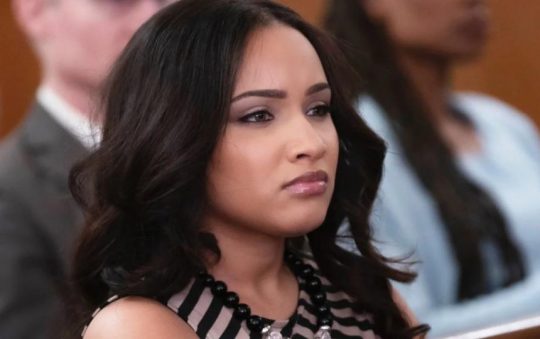
It’s been 35 years since the reporting of the first case of HIV in America and it saddens me to say it, but this nation was late at best, in answering the call to address the HIV/AIDS pandemic. What is even more egregious is the deafening silence when it came to supporting HIV education, prevention and care in all communities but even more so in the Black community. Now I’m not trying to compare pain; White gay men were the poster children for the HIV virus and they were dying daily, so we all know what kind of devastation HIV/AIDS was having in the Black community. Black men, women and children were all being infected at an alarming rate all over this country and they seemed to have been invisible.
It saddens me (those who know me know what I want to say) when I hear those who knew that the Black community were all but totally overlooked, saying things like, “The Black community was slow in its response to the HIV pandemic.”, as if the Black community had resources, education or the funding that was needed to deal with the HIV pandemic. For years prominent gay men within the dominate society with wealth, power and status were dying daily with no help, so what in the hell do you think was happening in the Black community…and we were SLOW to move; PLEASE! So, operating with that knowledge, what do you think the average Black gay man, heterosexual woman or Black child suffering with HIV/AIDS had coming from this society? Don’t get quite on me now. We weren’t slow in our response to the pandemic, we were overlooked, and it’s hard to be heard when you ain’t got the mic.
Well now we have the mic so let’s use it. Let’s do something different this World AIDS Day. As I always say, let’s have some adult community conversations around HIV/AIDS and what’s really going on. Thirty-five years later and Black Americans bear the greatest burden of HIV more so than all other cultural groups in this country. According to the Centers for Disease Control and Prevention (CDC) Blacks account for a higher proportion of new HIV infections, as well as those diagnosed with AIDS. I can hear some of you now, “So how do we change that?” I’m so glad you asked. We can change this sad reality by no longer allowing others to define our community as being anything other than a loving community that loves and cares for its own. We can change that by supporting one another and not allowing anyone from outside or inside our community to try and redefine our religious institutions as just being more homophobic than any other religious group. We can change that reality by working together in operational unity in the mist of our diversity. Hey, we don’t all think alike and that’s good, hell there is not one culture on earth that is monolithic in its thoughts and practices; so please don’t try and make the Black community look odd in our diversity of thoughts and practices.
Let’s do something different this World AIDS Day, let’s have grown-up conversations about sex and sexuality and yes, we also need to talk about the many different ways people are having sex. Talk with family members, loved ones, friends, your pastor and others. Through these conversations, lets create our own language and logic on how we, the Black community will deal with the HIV/AIDS pandemic in our community. We can all began by knowing our HIV status. Let’s take full advantage of social media; Facebook, Twitter, Instagram, Snapchat, as well as other sites that is yet to be introduced in mainstream. Let’s tell our story in our own unique and Black way. Let’s do something different!






